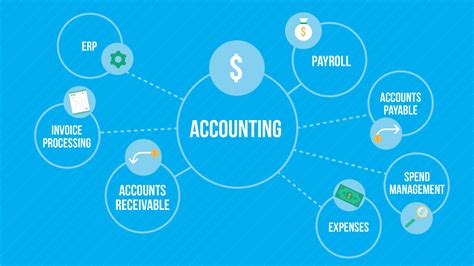The accounting industry has undergone significant changes in recent years, driven by technological advancements, changing client expectations, and the need for increased efficiency. As a result, CPA firms must adapt to remain competitive and drive growth. A well-crafted tech stack is essential for CPA firms to streamline operations, enhance client services, and stay ahead of the competition.
What is a Tech Stack?
A tech stack refers to the collection of software, hardware, and tools used by a company to build and deliver its products or services. In the context of CPA firms, a tech stack typically includes a range of solutions, such as accounting software, tax preparation tools, audit management systems, and client relationship management (CRM) platforms.

Benefits of a Well-Crafted Tech Stack
A well-crafted tech stack can bring numerous benefits to a CPA firm, including:
- Increased Efficiency: Automation of routine tasks, streamlined workflows, and improved data management can significantly reduce the time spent on administrative tasks, allowing staff to focus on higher-value activities.
- Enhanced Client Services: A tech stack that includes client portals, online payment systems, and secure communication tools can improve the client experience, increase transparency, and strengthen relationships.
- Improved Accuracy and Compliance: Advanced software solutions can help reduce errors, ensure compliance with regulatory requirements, and provide real-time visibility into financial data.
- Competitive Advantage: A modern tech stack can differentiate a CPA firm from competitors, attract new clients, and increase revenue.
Essential Components of a CPA Firm Tech Stack
While the specific components of a tech stack may vary depending on the size and scope of a CPA firm, there are several essential elements to consider:
- Accounting and Financial Management Software: Solutions like QuickBooks, Xero, or SAP can help manage financial data, streamline accounting processes, and provide real-time visibility into financial performance.
- Tax Preparation and Planning Tools: Software like TurboTax, TaxAct, or Drake Tax can simplify tax preparation, reduce errors, and improve compliance.
- Audit and Assurance Management Systems: Solutions like AuditBoard, SOXHUB, or AuditFindings can streamline audit processes, improve collaboration, and enhance reporting.
- Client Relationship Management (CRM) Platforms: Tools like Salesforce, HubSpot, or Zoho CRM can help manage client relationships, track interactions, and identify new business opportunities.
- Cybersecurity and Data Protection Solutions: Implementing robust cybersecurity measures, such as encryption, firewalls, and antivirus software, is critical to protecting sensitive client data and preventing cyber threats.

Best Practices for Implementing a Tech Stack
To ensure a successful tech stack implementation, CPA firms should follow these best practices:
- Assess Current Processes and Systems: Evaluate existing workflows, software, and hardware to identify areas for improvement and determine the need for new solutions.
- Define Business Requirements: Clearly outline the firm's goals, objectives, and functional requirements to guide the selection of tech stack components.
- Research and Evaluate Solutions: Compare features, pricing, and vendor support to select the best-fit solutions for the firm's needs.
- Develop a Implementation Plan: Create a detailed plan, including timelines, budgets, and resource allocation, to ensure a smooth rollout.
- Provide Ongoing Training and Support: Offer regular training and support to ensure staff are comfortable using the new tech stack and can maximize its benefits.

Conclusion
A well-crafted tech stack is essential for CPA firms to drive growth, improve efficiency, and enhance client services. By understanding the benefits and essential components of a tech stack, following best practices for implementation, and continually evaluating and refining their tech stack, CPA firms can stay ahead of the competition and achieve long-term success.






What is a tech stack?
+A tech stack refers to the collection of software, hardware, and tools used by a company to build and deliver its products or services.
Why is a tech stack important for CPA firms?
+A well-crafted tech stack can help CPA firms streamline operations, enhance client services, and stay ahead of the competition.
What are the essential components of a CPA firm tech stack?
+The essential components of a CPA firm tech stack include accounting and financial management software, tax preparation and planning tools, audit and assurance management systems, client relationship management (CRM) platforms, and cybersecurity and data protection solutions.
